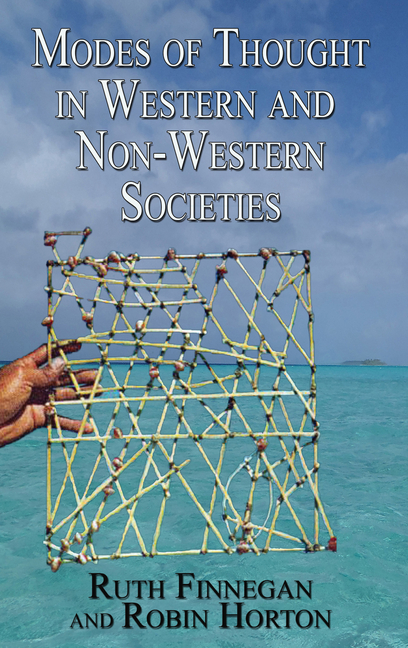
Modes of Thought in Western and Non-Western Societies
PRINT ON DEMAND— Shipping will be delayed 1-6 weeks for printing
(Depends on publisher)
(Depends on publisher)
Is there a basic difference in thinking between Western and non-Western societies. This long-debated yet highly topical problem forms the central question to which distinguished contributors in the fields of psychology, linguistics, history, and sociology and, more particularly, of social anthropology and philosophy, address themselves in this interdisciplinary collection.
| Quantity | Price | Discount |
|---|---|---|
| List Price | $48.00 | |
| 1 - 24 | $40.80 | 15% |
| 25 - 99 | $33.60 | 30% |
| 100 - 499 | $31.20 | 35% |
| 500 + | $30.24 | 37% |
Non-returnable discount pricing
$48.00
Book Information
| Publisher: | Wipf & Stock Publishers |
|---|---|
| Publish Date: | 10/04/2017 |
| Pages: | 400 |
| ISBN-13: | 9781532617614 |
| ISBN-10: | 1532617615 |
| Language: | English |
Full Description
Is there a basic difference in thinking between Western and non-Western societies? This long-debated yet highly topical problem forms the central question to which distinguished contributors in the fields of psychology, linguistics, history, and sociology and, more particularly, of social anthropology and philosophy, address themselves in this interdisciplinary collec-tion. They are: Barry Barnes, Benjamin N. Colby and Michael Cole, Ruth Finnegan, Ernest Gellner, Robin Horton, J. M. Ita, Hilary Jenkins, Steven Lukes, Nobuhiro Nagashima, S. J. Tambiah, W. H. Whiteley, and Sybil Wolfram. The central ideas of this classic work are reformulated and refined in the various contributions with different possible dichotomies discussed such as: 'traditional/modern', 'industrial/non- industrial', or 'scientific/non-scientific', and 'thinking, ' analyzed in terms of its thought processes, content, logic or social background. The material in the book, which is dedicated to Sir Edward Evans-Pritchard, falls within the general area of the comparative sociology of knowledge, and will thus particularly interest philosophers, social anthropologists, and sociologists. The volume is however conceived in an interdisciplinary spirit and will be of interest to anyone seriously concerned to examine the nature of thinking in our own and other societies.

